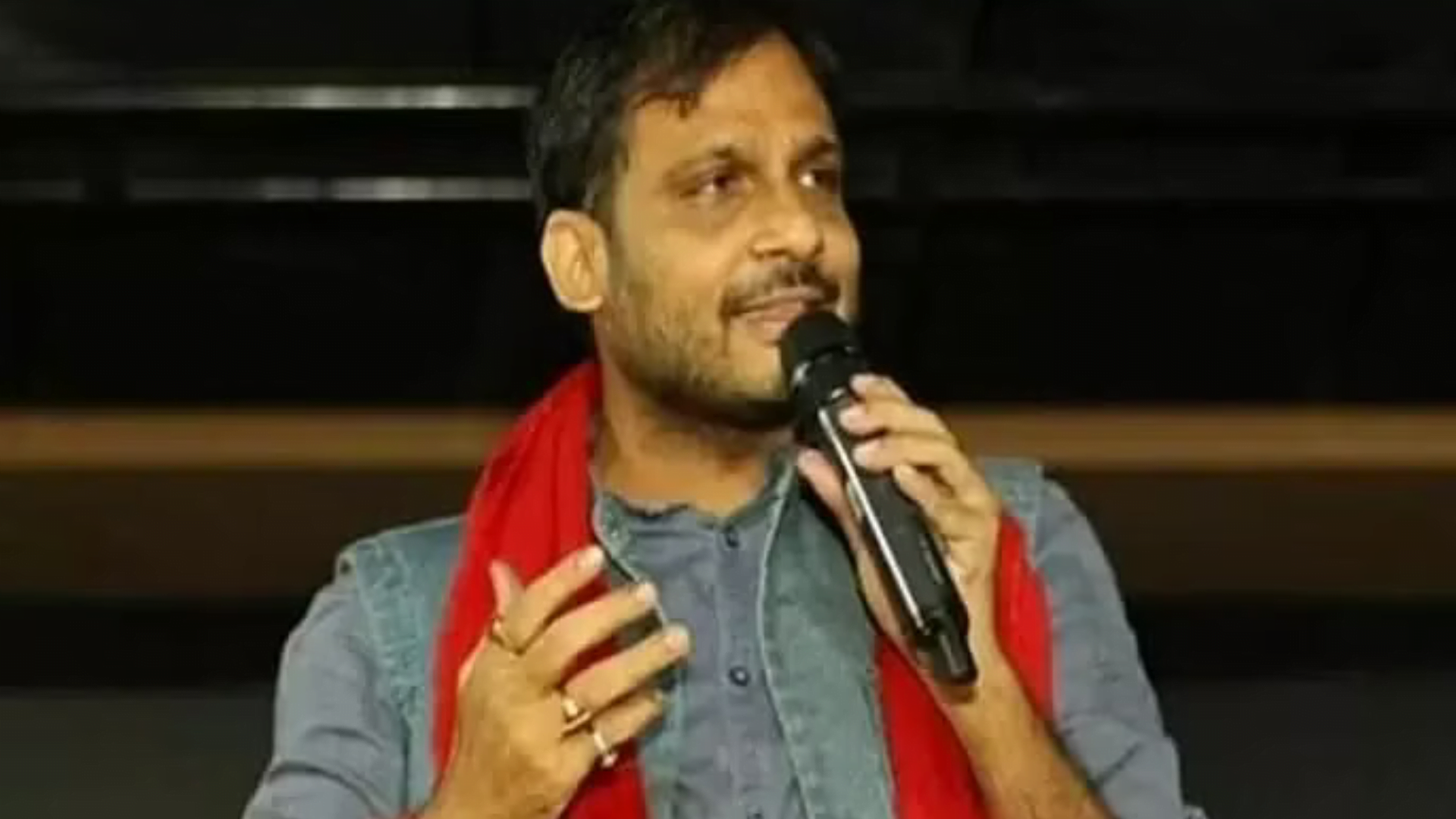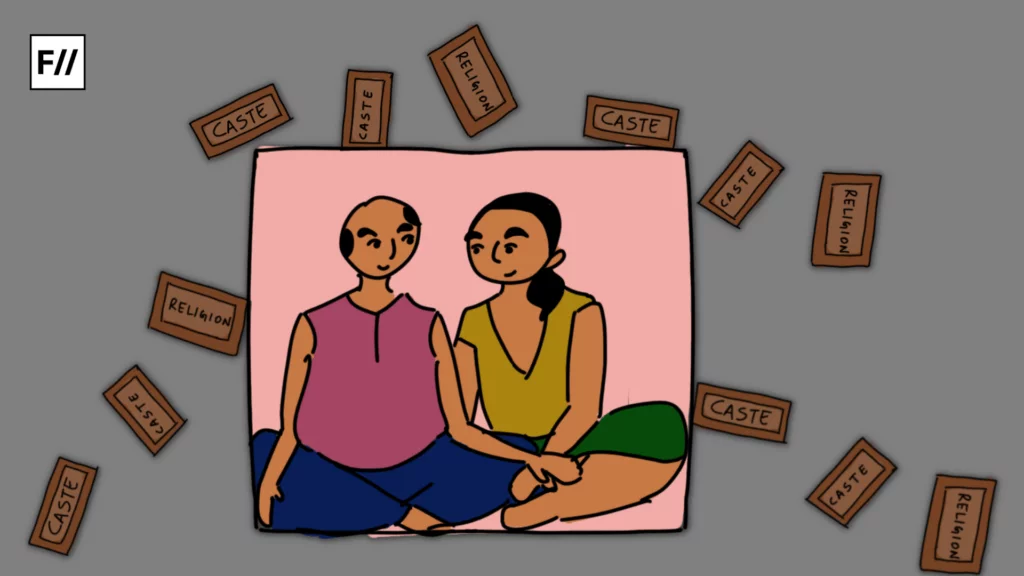Trigger warning: Rape, abuse
Sahitya Akademi Award-winning author Nilotpal Mrinal has been accused of rape by a 32-year-old woman. Delhi Police has registered an FIR against Mrinal. In the FIR filed, the survivor mentioned that she was raped by the author for ten years under the pretext of marriage.
According to the reports, the survivor is originally from Gorakhpur in Uttar Pradesh and was living in Delhi on rent while preparing for the Union Public Service Commission (UPSC). She met the author on a social media platform, and they became friends.
The woman had registered the complaint in the Timarpur Police Station area. In her FIR, she had mentioned the incidents of abuse, such as one in 2013 when she had gone for her eye surgery at AIIMS and got late. As per her statement, post this, the accused, Nilotpal Mrinal, abused and beat her up. She further stated that “I started crying. He then forced himself upon me. I cried, but he raped me and left. The next day, he came and started apologising. He also promised to marry me”.
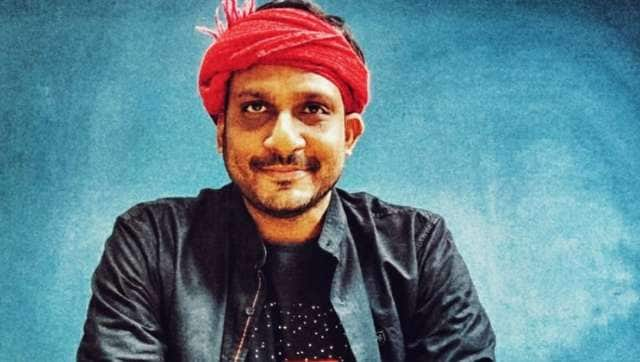
Sahitya Akademi Award-winning author Nilotpal Mrinal has been accused of rape by a 32-year-old woman. Delhi Police has registered an FIR against Mrinal. In the FIR filed, the survivor mentioned that she was raped by the author for ten years under the pretext of marriage.
In this case, police have not made any arrests yet, and the case is still under investigation.
Nilotpal Mrinal and the entire writing community have maintained silence after the allegations. It is not the first time these communities have prohibited themselves from taking any steps against the accused.
Instead, it is most likely that famous and privileged sexual assault accused get support from their respective communities. It is also extremely common for influential people to use their power to manipulate the process. It is often the victims who take the courage to come out about their abuse, who suffer the most. Some Twitter users have pointed to the survivor being from a marginalised background.
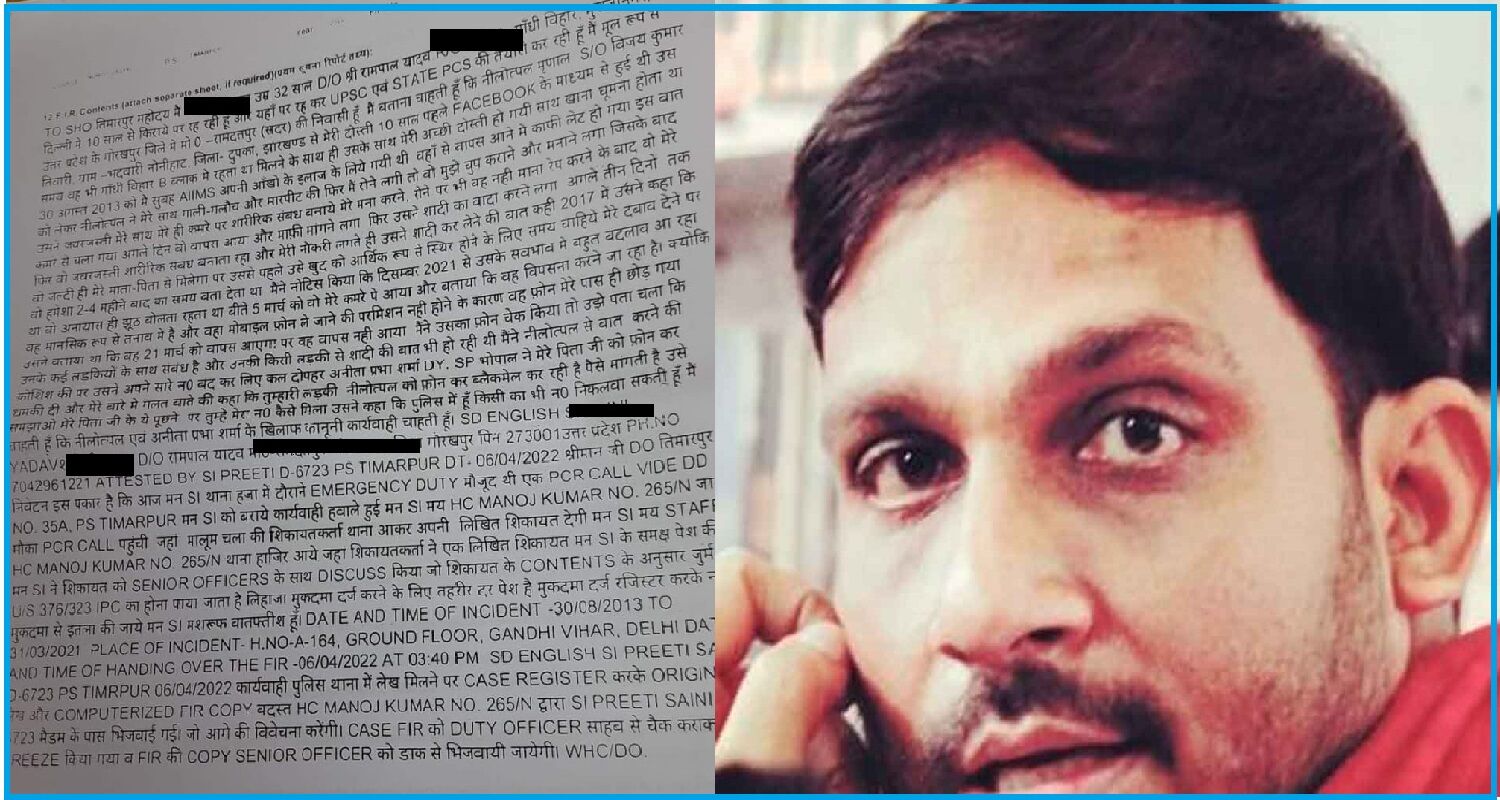
Caste-based sexual violence
Often the victims belonging to the underprivileged backgrounds are unlikely to get justice. The prime example is the case of Bhanwari Devi, who comes from a financially marginalised and caste-oppressed background. Coming from a historically exploited Shudra — OBC potter caste, she has been fighting a rape and assault case against five local men for over three decades now. Though her case led to the introduction of landmark Vishakha guidelines for workplaces laid down by the Supreme Court in 1997, it has not resulted in convictions.
The woman had registered the complaint in the Timarpur Police Station area. In her FIR, she had mentioned the incidents of abuse, such as one in 2013 when she had gone for her eye surgery at AIIMS and got late. As per her statement, post this, the accused, Nilotpal Mrinal, abused and beat her up. She further stated that “I started crying. He then forced himself upon me. I cried, but he raped me and left. The next day, he came and started apologising. He also promised to marry me”.
Four of the five men accused of rape and harassment have died, and the fifth accused still has a powerful hold in the village. She had suffered the trauma of rape and assault throughout her life, and she is yet to get justice.
These kinds of cases highlight the struggles of underprivileged women in a legal battle in India. In an interview, Devi stated that, “My whole life has passed fighting for justice. The attitude of public authorities is still bad, society still ill-treats me. The difference now is that people are speaking out. Even after I die, brothers and sisters who have supported me will continue to fight for women like me. The government will have to bow down and grant our rights one day.”
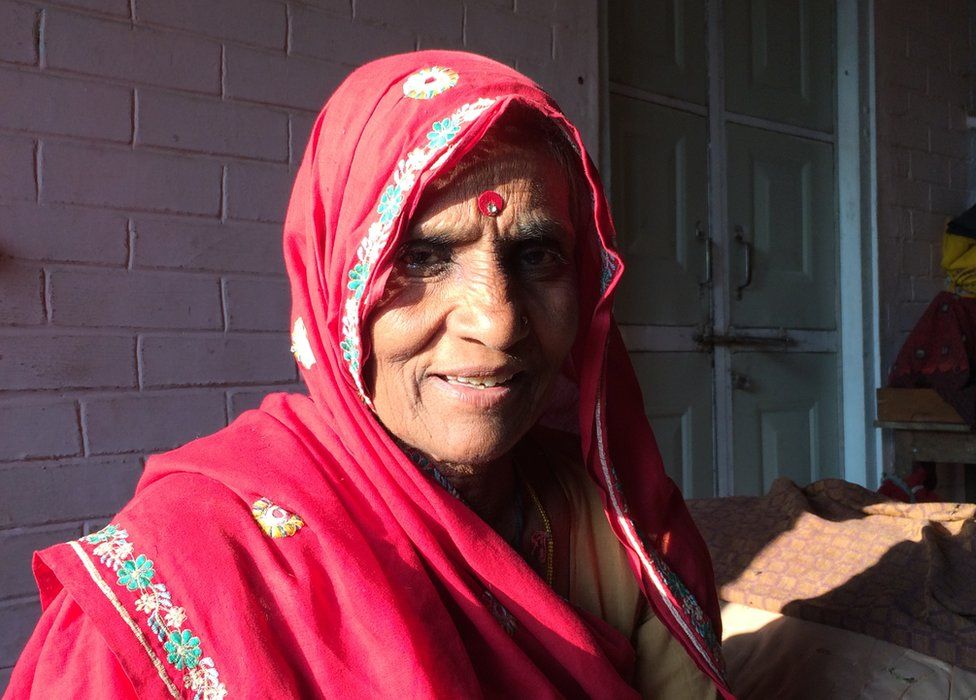
She further mentioned that, “We are not invited to weddings even by our own community. When I was gang-raped, I was working on the collector’s orders to end child marriage. If people had supported me, if officials and police had followed procedure, I would have got justice and life would have been different,”.
Patriarchy puts cis-men in a privileged position in society, and if they belong to the upper caste or work in public-facing professions, it becomes easier for them to get away from the horrible acts of sexual assault. Women from underprivileged backgrounds are the easy target of sexual violence in India, and justice in a legal battle has become no less than a dream.
Another horrendous case of rape and murder of a Dalit girl in Hathras, Uttar Pradesh, by four upper-caste Thakur men of the same village had shaken the country’s conscience. Yet, the accused are still running free, and there hasn’t been any legal development in the case.
Several incidences like the Hathras rape case(2020), Nirbhaya rape case (2012), Unnao rape case (2017), Kathua rape case (2018) and the Hyderabad rape cum murder case (2019), expose the harsh reality of caste-based sexual violence in India.
Most women in India who suffer from sexual abuse don’t even register a complaint as it’s always the victim who is treated badly by their society; especially in the case of those marginalised by caste. The upper-caste controlled and dominated media do not even report most rape cases.
India witnesses 88 rape cases per day, but the conviction rate is below 30%, according to a 2019 report by National Crime Record Bureau (NCRB). This only highlights how the chances of getting justice are low in this country. Hence people are hesitant about going to court to get justice.
According to a 2021 report titled “Sexual Violence in South Asia: Legal and Other Barriers to Justice for Survivors” by Equality Now and Dignity Alliance International, the implementation of rape laws remain poor, and survivors, especially those belonging to the marginalised communities, based on caste, class, and ethnicity face many obstacles in accessing justice.
Be it the corruption in a police investigation or law enforcement officers or failure to give protection to the victim and the witness, there are varied reasons for delayed justice in cases of sexual violence in India. There’s an urgent need to take action in cases related to sexual violence.
Also read: Bhanwari Devi: A Hero We Failed
It’s already difficult for a woman to go through the trauma of harassment and then face further judgement by our still conservative society, and on top of all the horrible difficulties, she has to go through the nerve-wracking legal battle in India where a woman is continually denied justice.
The least we can do is show our support to the victims. Otherwise, it will discourage people from even coming forward, and the accused perpetrators with fame, money, and power will keep running free while the victims will live a life of trauma and difficulties. It is important to express survivor solidarity even when these are just allegations.
This is because of the functioning of the power structure. Powerful individuals need to ensure that they are not forming a nexus to intimidate the survivor or support the accused.
Also read: Not Just Rape… The ‘Commentary’ On Hathras Rape Case & The Lack Of A Caste-Sensitive Lens
Featured image source: The Sentinel
About the author(s)
Pragati Parihar is a masters student, studying International Relations at University College Dublin, Ireland, and is highly interested in topics such as feminism, gender based violence, and gender representation in politics. Also a travel enthusiast and an avid reader of mythology!
